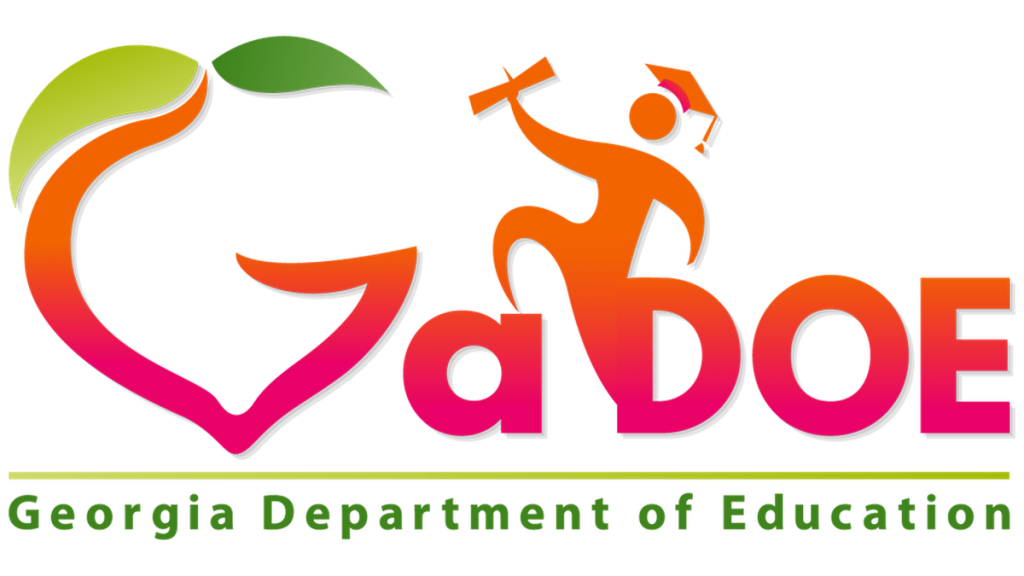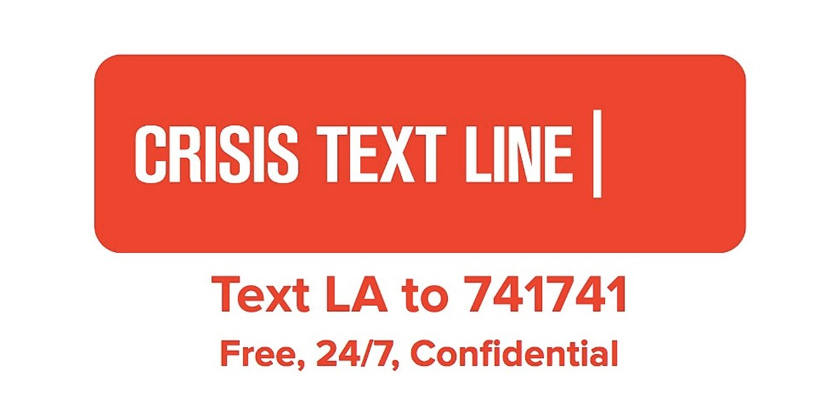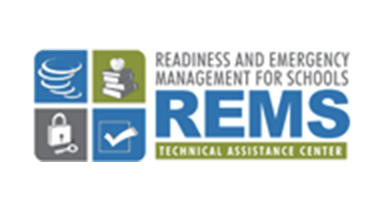After a School Tragedy: Readiness, Response, Recovery & Resources
Acts of violence, suicide, and other tragedies affect many school communities. In 2018, there were 82 school shootings, the highest number since 1970 (CHDS, 2019). Death by suicide is currently the 2 nd leading cause of death among teenagers, next to [car] accidents (CDC, 2018). In 2017, 2 out of every 100 teenagers made suicide…
Read MoreAlcohol, Tobacco and Other Drugs
Georgia Department of Education provides a variety of resources and data on substances that students may abuse. View the whole list of resources here.
Read MoreBullying Prevention
Many school districts are seeking tools to use in the development of bullying prevention strategies and activities. The purpose of this Bullying Prevention Toolkit is to provide information to aid efforts to prevent bullying.
Read MoreCarbon Monoxide’s Impact on Indoor Air Quality
Carbon monoxide is an odorless, colorless and toxic gas. Because it is impossible to see, taste or smell the toxic fumes, CO can kill you before you are aware it is in your home. The effects of CO exposure can vary greatly from person to person depending on age, overall health and the concentration and…
Read MoreChemical Management Resource Guide for School Administrators
The sources of dangerous chemicals in schools are not always obvious. This guidance applies to any school that purchases, uses, stores, or disposes of chemicals or products containing dangerous materials
Read MoreChild Abuse and Child Protection
Every professional working with children is an important part of Georgia’s plan to eliminate the abuse and neglect of children. This course was written specifically for individuals who are employed or who volunteer in Georgia schools.
Read MoreChild Trauma Toolkit for Educators
The National Child Traumatic Stress Network (NCTSN) is a unique collaboration of academic and community-based service centers whose mission is to raise the standard of care and increase access to services for traumatized children and their families across the United States.
Read MoreCoping with Disaster
Disasters are upsetting experiences for everyone involved. The emotional toll that disaster brings can sometimes be even more devastating than the financial strains of damage and loss of home, business or personal property.
Read MoreCoping with Traumatic Events: Resources for Children, Parents, Educators and Other Professionals
People can experience a wide range of emotions before and after a disaster or traumatic event. There’s no right or wrong way to feel. However, it’s important to find healthy ways to cope when these events happen.
Read MoreCOVID-19 Resources for Schools
The Georgia Department of Education (GaDOE) is working closely with the Office of the Governor, the Georgia Department of Public Health (GaDPH), and other agencies to ensure local school districts, parents, and students have the most accurate and up-to-date information regarding COVID-19 (commonly called coronavirus).
Read MoreCrisis Text Line
Text HOME to 741741 from anywhere in the United States, anytime. Crisis Text Line is here for any crisis. A live, trained Crisis Counselor receives the text and responds, all from our secure online platform.
Read MoreCyber Safety Considerations for K-12 Schools and School Districts
The Internet allows for access to information 24 hours a day, 7 days a week. For schools (public and nonpublic), online capabilities not only create entrée to a vast amount of resources but also facilitate distance learning and collaboration between classes and students in different locations. Along with the benefits the Internet brings, however, come…
Read More







